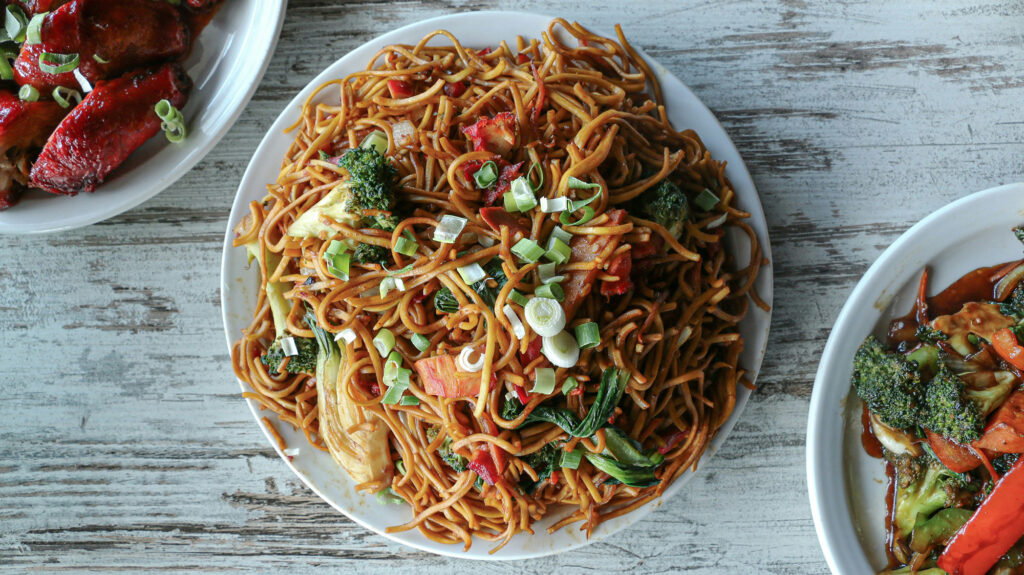Boiled rice has been associated with hyperglycemia due to its high glycemic index (GI) value of around 82. This means that simple carbohydrates in boiled rice are digested and absorbed quickly. This causes a rapid spike in blood sugar levels. This can contribute to the development of insulin resistance and other metabolic disorders.
Optimising Boiled rice Consumption for Healthy Glucose Management
• Consider switching to lower-carb options such as cauliflower rice or black rice.
• Control your portion size of boiled rice to 30-50 grams to help manage glucose fluctuations.
• Add fibre-rich options like salads to your meal to replace white rice in your diet. This keeps you satiated longer.
• Combine boiled rice with a protein source like chicken or tofu to stabilise blood sugar levels.
Boiled rice has a high glycemic index due to its high content of simple carbohydrates. These are rapidly broken down and absorbed by the body, leading to a surge in blood sugar levels. This can contribute to insulin resistance and hyperglycemia. This is especially true if Boiled Rice is consumed in large quantities. The absence of other nutrients can help slow down the absorption of glucose.







